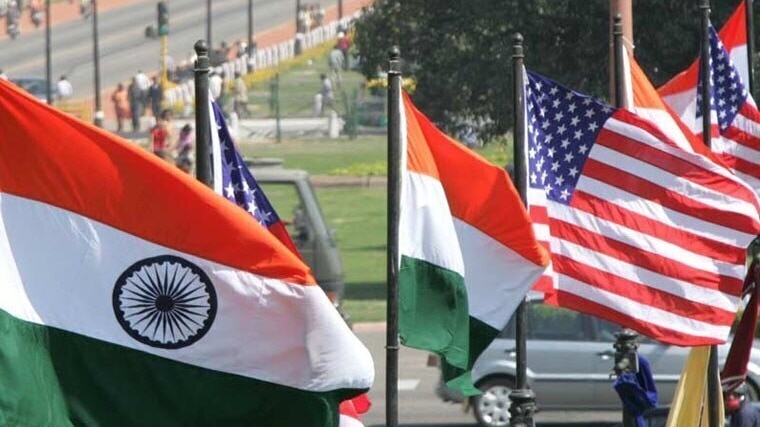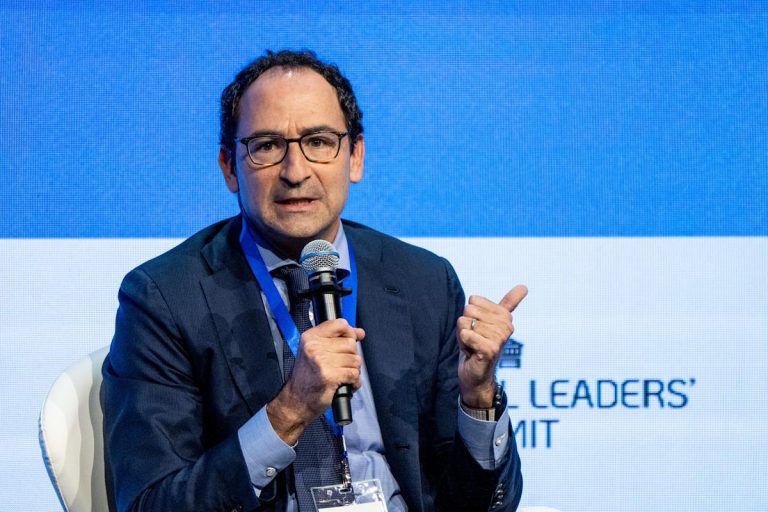In the wake of former US President Donald Trump’s announcement of fresh tariffs targeting global exporters — including India — New Delhi is carefully analysing the potential impact on its exporters while engaging in close dialogue with industry stakeholders, government sources said.
Senior officials confirmed that the government is in active consultation with all major Indian exporters to assess sector-wise vulnerabilities and craft an appropriate policy response. “We are not rushing into retaliatory measures. We’re calibrating a well-informed and strategic approach,” said a senior Commerce Ministry source.
Amid the uncertainty, India sees a silver lining. With Washington increasingly focused on decoupling from China, India finds itself in a unique position of leverage. “There is a clear first-mover advantage here. The US has signalled a willingness to engage with India directly, unlike others. We aim to use this opportunity to push for deeper economic ties,” said an official involved in trade negotiations.
India is also keeping all options open, including a reciprocal tariff regime and a relook at import duties, should there be signs of market distortion or product dumping by third countries looking to reroute goods through India.
On the much-discussed Bilateral Trade Agreement (BTA) with the United States, officials reiterated India’s commitment to a “fair, balanced and equitable” deal. “This cannot be a one-sided arrangement. Our interests must be safeguarded.”
In contrast to some global reactions, India has clarified it will not be joining any retaliatory trade blocs like ASEAN’s response mechanism. Instead, it is focusing on exploring new partnerships, including potential Free Trade Agreements (FTAs) with the Gulf Cooperation Council (GCC), Bahrain and Qatar.
“Demand destruction is not a concern at the moment. The recent US tax cuts, combined with easing global energy prices, give us breathing space to negotiate from a position of strength,” an official added.
India’s nuanced response signals its intent to walk a fine line — protecting domestic interests while seizing the moment to deepen strategic trade alignments.








